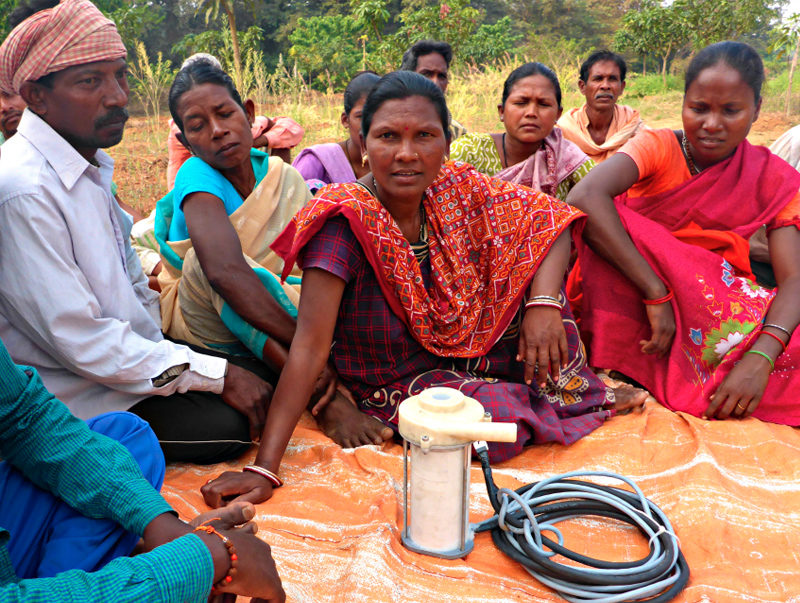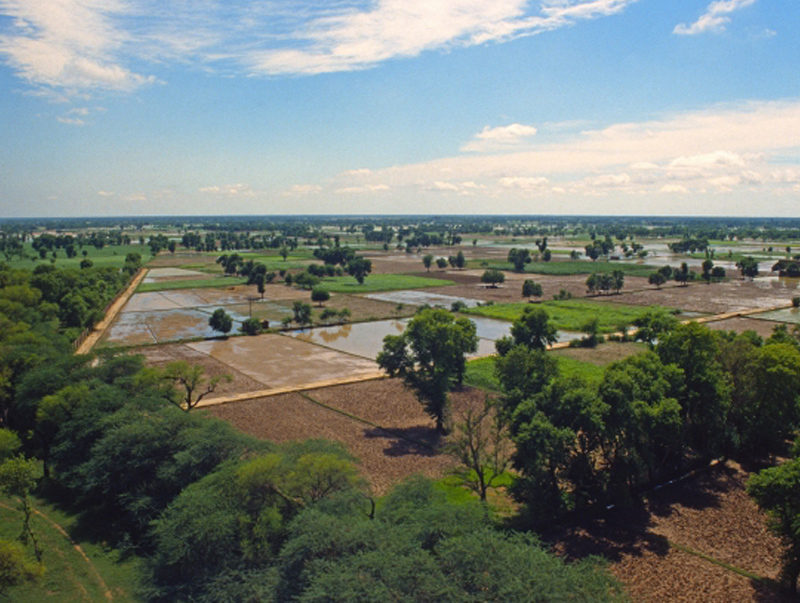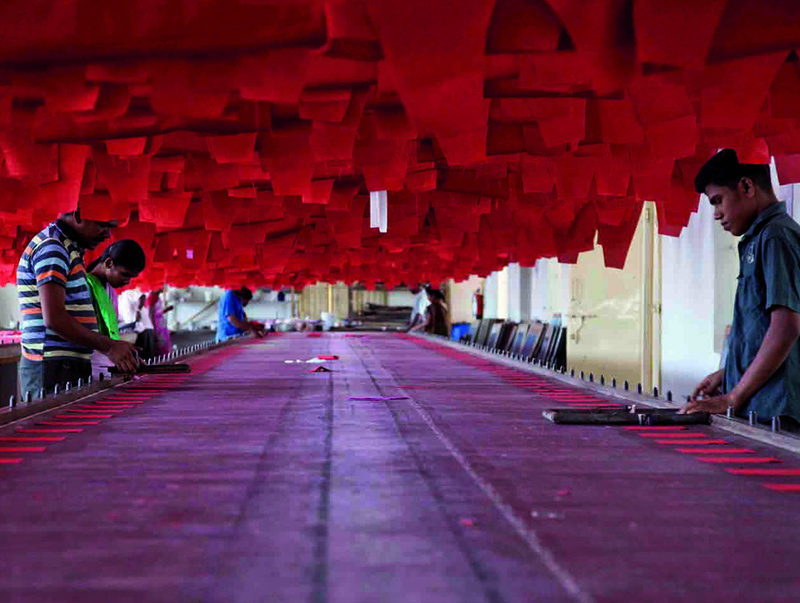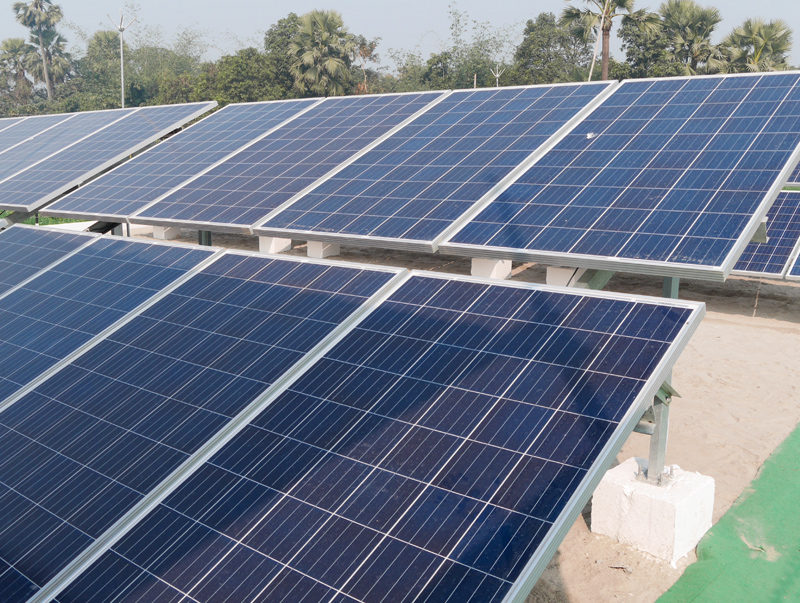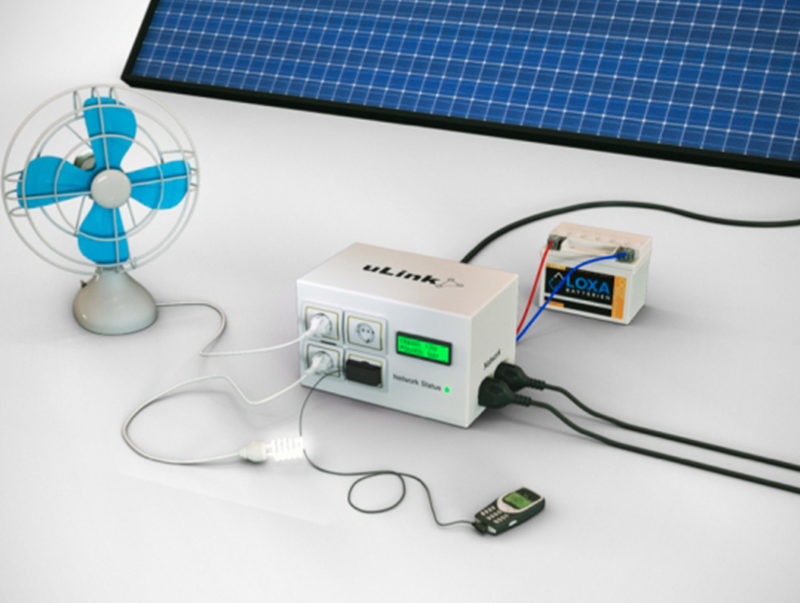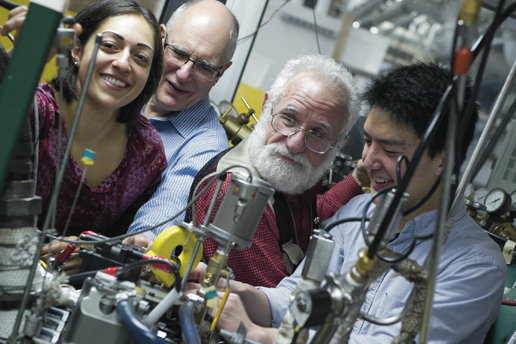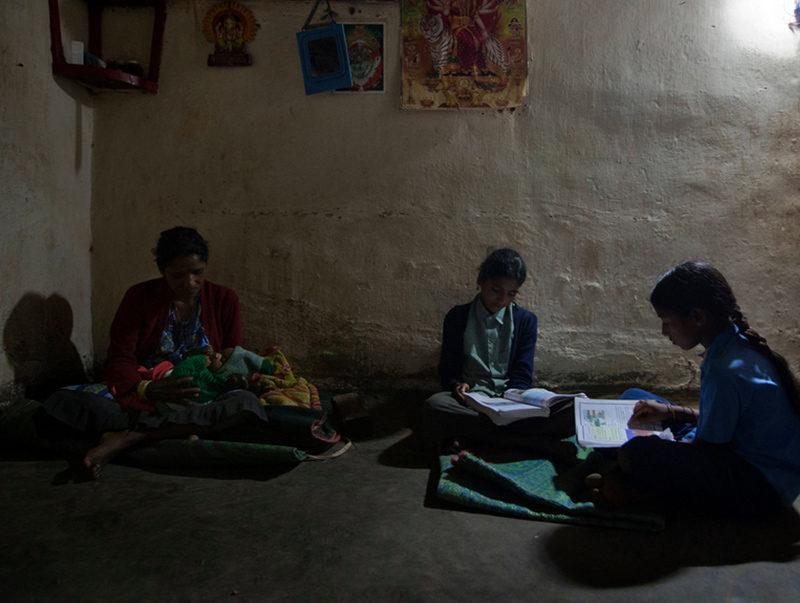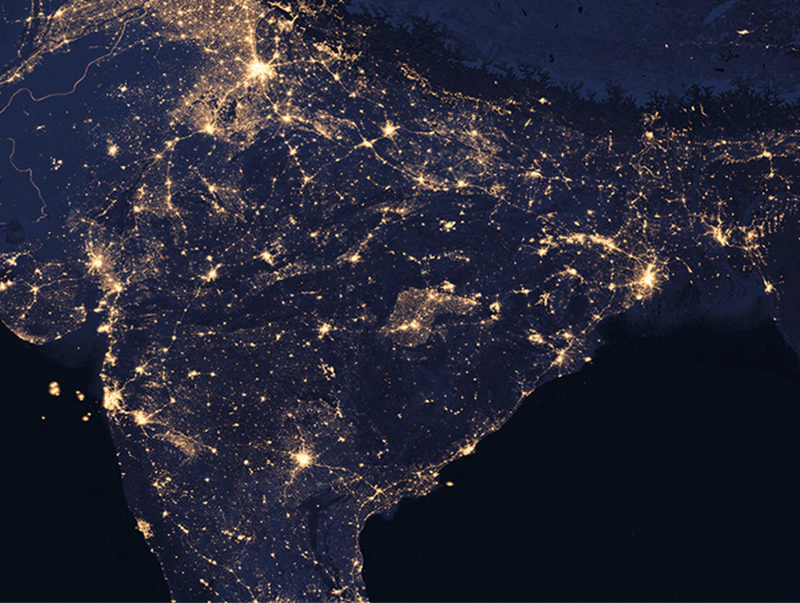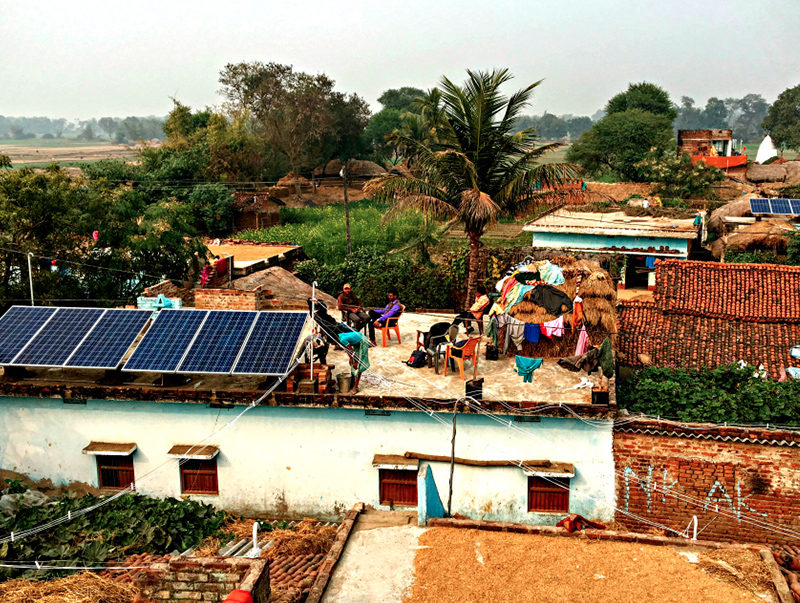
PROJECT DETAILS
- Focus Area Energy Past
- Faculty Jeffrey Grossman, Maria Yang, John McGann
- Fellow Priyank Kumar, Jasmine Florentine
This study looks at a solar thermal fuel being developed by Professor Jeffrey Grossman’s lab. The solar thermal fuel is a chemical that can absorb solar radiation, store it for a number of days, and release it again as heat. Although the fuel is not yet a mature technology, it has a wide variety of applications in the areas of heating.
The focus of the case study is to understand what might be potential applications for the solar thermal fuel and what would be the design parameters for such an application. We are approaching the problem by observing and interviewing users to better understand where this new technology could play a role in their lives. We are also approaching it as a technical problem to determine the feasibility of using the solar thermal fuel for such applications, to better understand what the technology can realistically accomplish.
We are also using the solar thermal fuel as a case study to better understand and improve the design process itself. Design is always difficult and unpredictable, but it can be more so in emerging markets due to a number of barriers such as culture, language, and education. In this study, we used story boards to better convey ideas about a non yet existent technology. We intend to continue further studies focusing on how effective storyboards are as a prototype.
Another project looks at designing a waste heat scavenging battery – a low-cost thermal battery that can capture and store waste heat generated during cooking using a chulha (traditional Indian cook stove). This stored heat can later be used to substitute biomass in various activities (cooking, food warmer, space and water heating for example), thus minimizing the use of biomass. The motivation for this idea stems from the fact that a typical chulha cookstove uses only about 20-30% of the energy produced by burning wood, while the rest is dissipated mainly as radiation. Such thermal batteries can be simple, and importantly, do not interfere significantly with the current cooking culture in India. In addition to cooking, firewood usage is rampant for water heating and space heating in Indian rural households. Water and space heating using firewood can range anywhere between 5-40% in India depending on the region. Thus using captured heat for these activities reduces the consumption of firewood considerably.
We have established contacts with Usha International (a domestic appliance manufacturing company in the north, Delhi region) and SELCO (a company developing affordable products for rural India in the south, Bangalore region).
Project Media:



